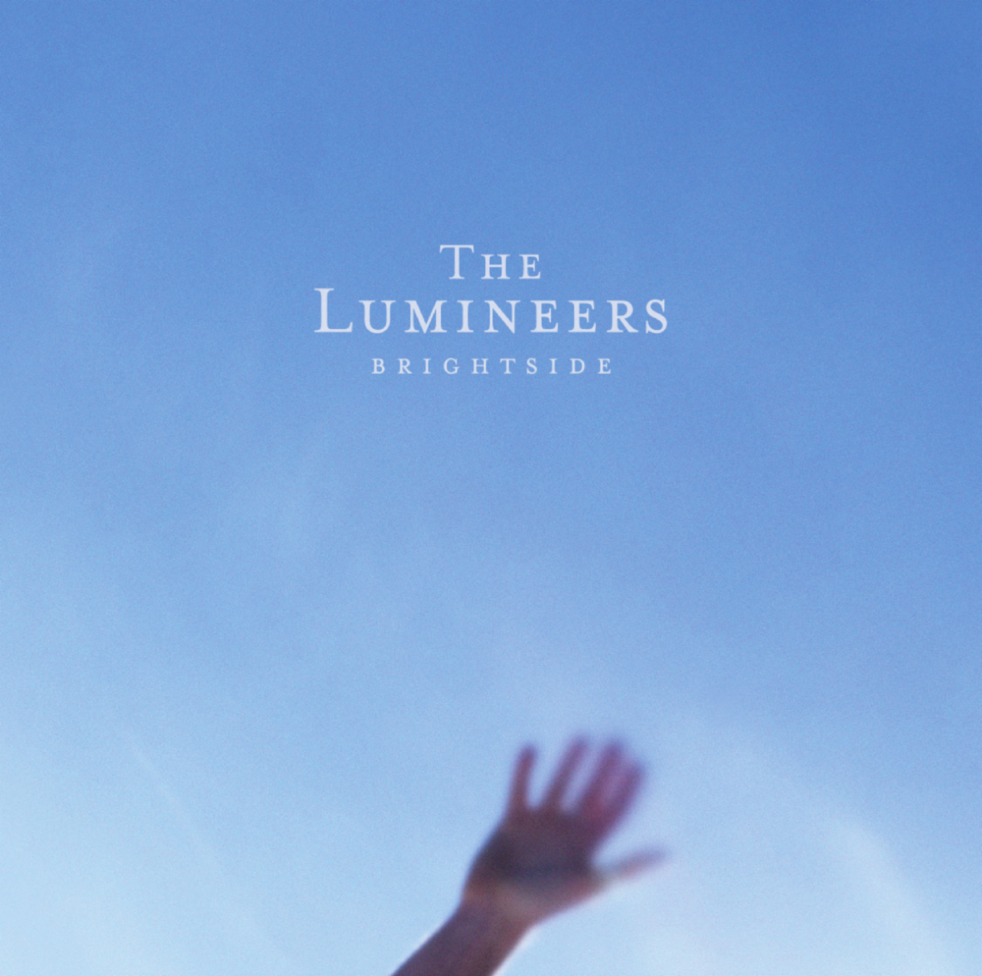Our Take: 4/5 Stars
Throughout the course of the pandemic there seems to be two types of albums coming from musicians. There are experimental albums that serve to entertain the artists’ creations that they know will never have to see the judging light of a stage and then there are albums that beg for the normalcy of concerts to return so they can be properly performed in front of a loving crowd.
The Lumineers’ fourth studio album “BRIGHTSIDE” leans towards the latter.
The Denver-based band responsible for charming the world a decade ago with the synchronized shouts of their freshman album’s lead single “Ho Hey” comes forth with a painful album regarding love, loss and the remnants of addiction previously covered in their 2020 album “III”.
The nine-song, thirty-minute album is a succinct reflection of the pain associated with slowly losing a loved one to addiction and doing everything you can to keep them afloat. The album’s title single “Brightside” hides a tragic scene of a character driving alone on the freeway towards a bridge while under the influence of psychedelics beneath a blanket of The Lumineers’ signature folk-rock sound.
Frontman Wesley Schultz distracts us from the scene by ensuring he will be their “BRIGHTSIDE” tonight, offering some comfort that there is a possibility to get through the tough times.
The album continues its trek into the abyss with “A.M. RADIO”, a song that sparks a fire imagery that is prevalent throughout other tracks, contributing to the suspicion that this album serves as a way for the band to process devastating events in their own lives.
The Lumineers have been upfront in the past that addiction has brought pain in their lives as they dealt with struggling loved ones, but recurring references to eyes, photographs, a house fire, cars and conversations surrounding dying young seem to point towards specific moments being vividly relived through the lyrics of this album.
The first half of the album serves as a constant consolation for the listener, with tracks such as “WHERE WE ARE” and “BIRTHDAY” almost aggressively reminding the audience that everything will be alright, despite the circumstances at hand.
While at the surface “BIRTHDAY” may seem like a simple upbeat song as the bridge and chorus dominate with an infectious celebration of one’s birthday, the song actually serves as a noticeable shift in the dynamic of the relationship depicted between the narrator and the one they love.
At first, “BIRTHDAY” is a declaration of gratitude for the good moments that can be few and far between for those struggling with mental illness and addiction with the song taking a turn as the singer expresses the strain put on their relationship by the loved one not listening to them and getting help.
This midpoint in the album is anchored down by “BIG SHOT”, “NEVER REALLY MINE” and “ROLLERCOASTER” which tell the story of the
deteriorating relationship with the Lumineers’ no longer offering the same comfort they did in the first half of the album. It is clear towards the end of the album that the personal guilt and grief associated with the loved one’s decisions and presumed death have subsided as the storyteller starts to pick up the pieces they left behind.
“BRIGHTSIDE” delivers a haunting narrative that takes a few listens to fully decipher as it is thinly veiled by the established feel-good folk sound of The Lumineers.
Despite the story hidden within, the album makes for an arguably average easy listen. The band did not set out to reinvent their sound on this album but rather opted to create a highly personal piece of art.
Without delving into the circumstances surrounding the music, listeners are unlikely to fully connect to the lyrics and instead merely bop along to the same carefree instrumentals the Lumineers have been pumping out for over a decade now.
However, for informed fans the album presents itself as a monologue on grief that deserves to be appreciated in the most intimate concert setting possible.
